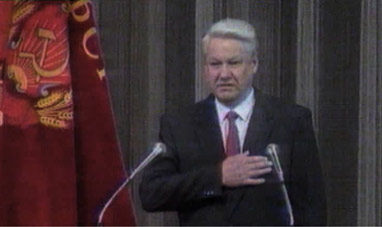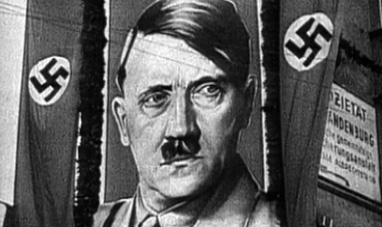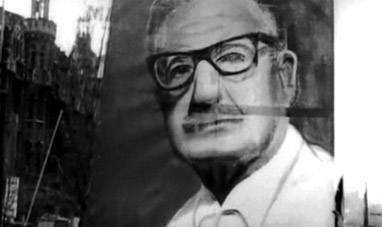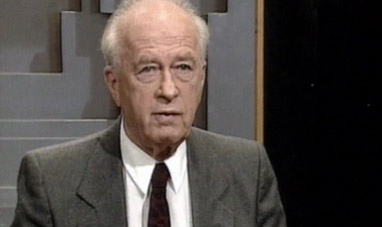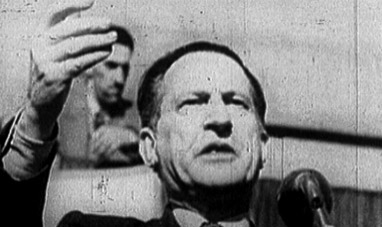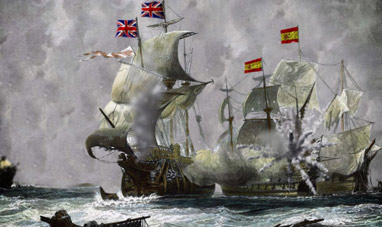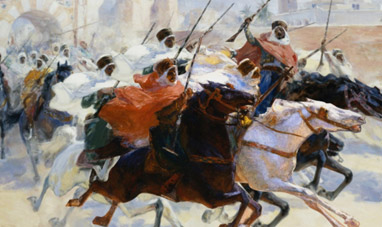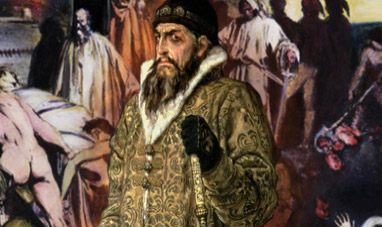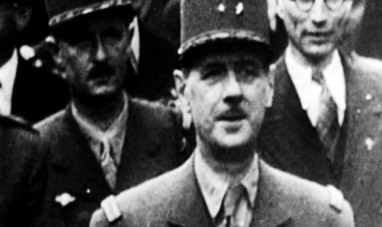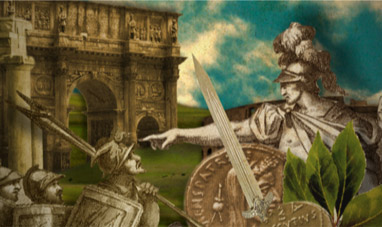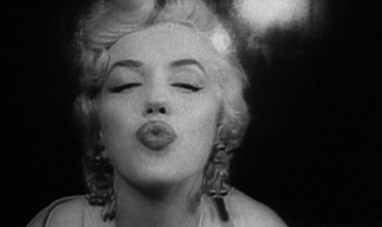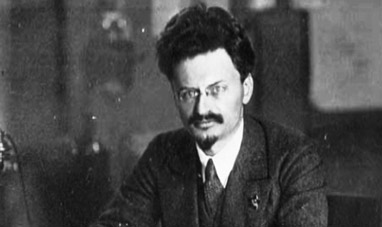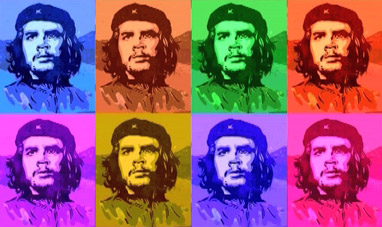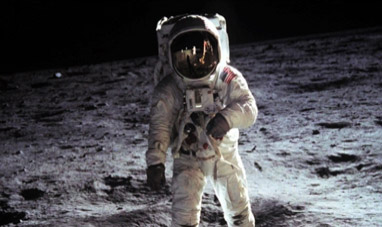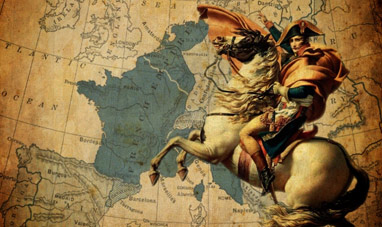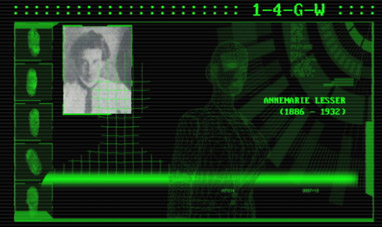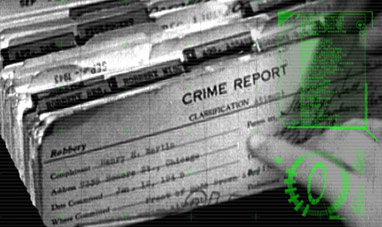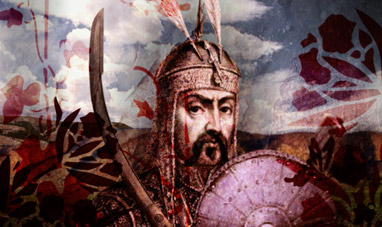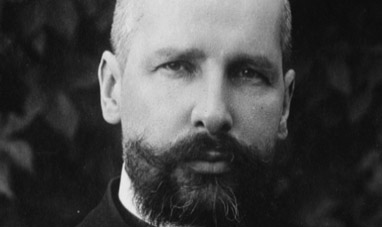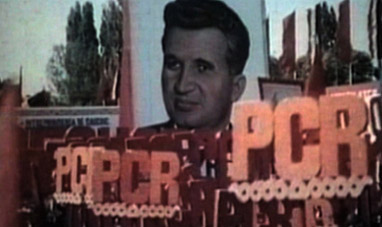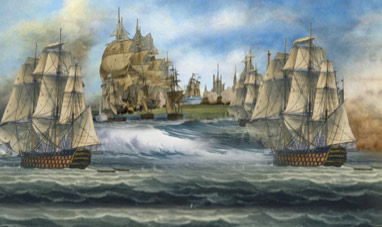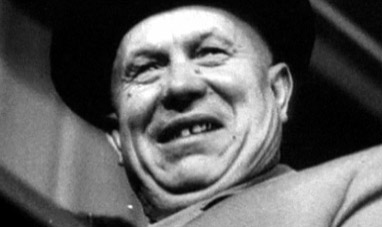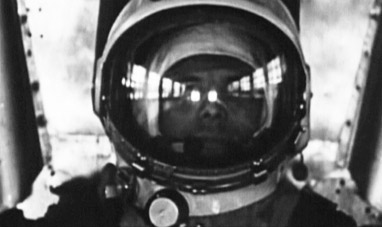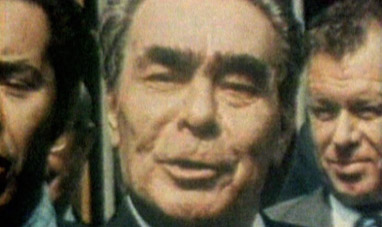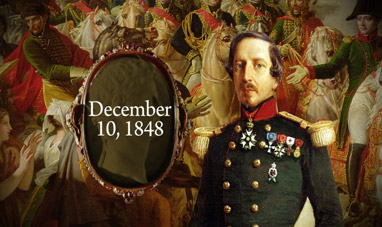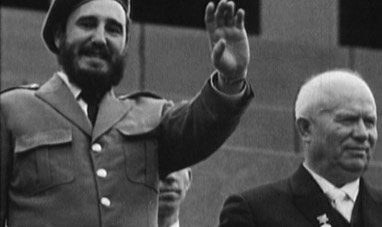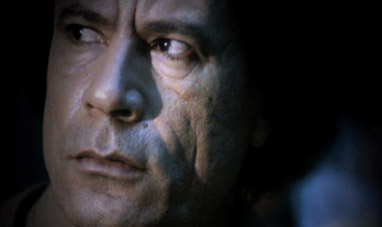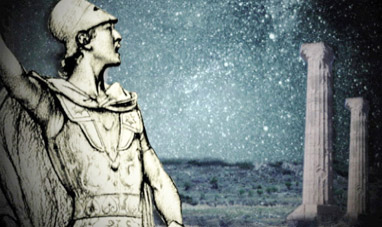Beginning in 1924, J. Edgar Hoover led the American Federal Bureau of Investigation, or FBI, for almost half a century. He was born in Washington, DC on January 1, 1895. In 1916, he graduated from law school and entered the Department of Justice the following year. He moved on to the department’s Bureau of Investigation, the precursor to the FBI. This agency continues to investigate serious felonies and threats to American security to this day. On May 10, 1924, Hoover was appointed director of the organization for a temporary term. He would keep the position for almost fifty years. He reorganized the bureau’s structure and reviewed his employees’ personal lives, confirming only those whose moral conduct he considered irreproachable. He also established the FBI Academy at Quantico, Virginia and created new branches of the agency in many American cities. In the early 1930s he bolstered scientific criminal investigations by establishing a vast archive of fingerprints.
Hoover focused on the fight against organized crime. Legendary gangster Al Capone was arrested for tax evasion in 1931. Hoover also ended the careers of other dangerous criminals in the same period, gaining prestige for the FBI and greater power for himself. On the eve of World War Two, the US government entrusted internal security to him along with the military’s secret services. In June 1942, the FBI identified and captured a group of Nazi spies who had entered the United States to carry out acts of sabotage. After the war ended, Hoover became a vigorous adherent of McCarthyism, a political movement that campaigned against citizens suspected of being communists. These were the years of the Cold War between the United States and the Soviet Communist regime. The FBI investigated many American citizens, especially intellectuals and actors.Hoover acquired a great deal of confidential information during this time that many believe he used to strengthen his own position.
In the 1960s, Hoover faced one of the most difficult moments of his career, the assassination of President John F. Kennedy. The event was a bitter blow to the FBI. During the investigations, Hoover defended his leadership at all costs, and some theories about the murder even implicate him as one of the conspirators. A few months later, serious episodes of racial violence prompted Hoover to mobilize the FBI to crack down on the Ku Klux Klan, a racist organization active in the southern United States. Although accused of authoritarian conduct, Hoover kept his position at the FBI until his death on May 2, 1972. He was 77. Hoover was a stern moralist who publicly denounced many peoples’ private lives. Several biographies claim that Hoover himself led a double life, privately participating in sexually risqué parties, often dressed as a woman.
Hoover focused on the fight against organized crime. Legendary gangster Al Capone was arrested for tax evasion in 1931. Hoover also ended the careers of other dangerous criminals in the same period, gaining prestige for the FBI and greater power for himself. On the eve of World War Two, the US government entrusted internal security to him along with the military’s secret services. In June 1942, the FBI identified and captured a group of Nazi spies who had entered the United States to carry out acts of sabotage. After the war ended, Hoover became a vigorous adherent of McCarthyism, a political movement that campaigned against citizens suspected of being communists. These were the years of the Cold War between the United States and the Soviet Communist regime. The FBI investigated many American citizens, especially intellectuals and actors.Hoover acquired a great deal of confidential information during this time that many believe he used to strengthen his own position.
In the 1960s, Hoover faced one of the most difficult moments of his career, the assassination of President John F. Kennedy. The event was a bitter blow to the FBI. During the investigations, Hoover defended his leadership at all costs, and some theories about the murder even implicate him as one of the conspirators. A few months later, serious episodes of racial violence prompted Hoover to mobilize the FBI to crack down on the Ku Klux Klan, a racist organization active in the southern United States. Although accused of authoritarian conduct, Hoover kept his position at the FBI until his death on May 2, 1972. He was 77. Hoover was a stern moralist who publicly denounced many peoples’ private lives. Several biographies claim that Hoover himself led a double life, privately participating in sexually risqué parties, often dressed as a woman.

